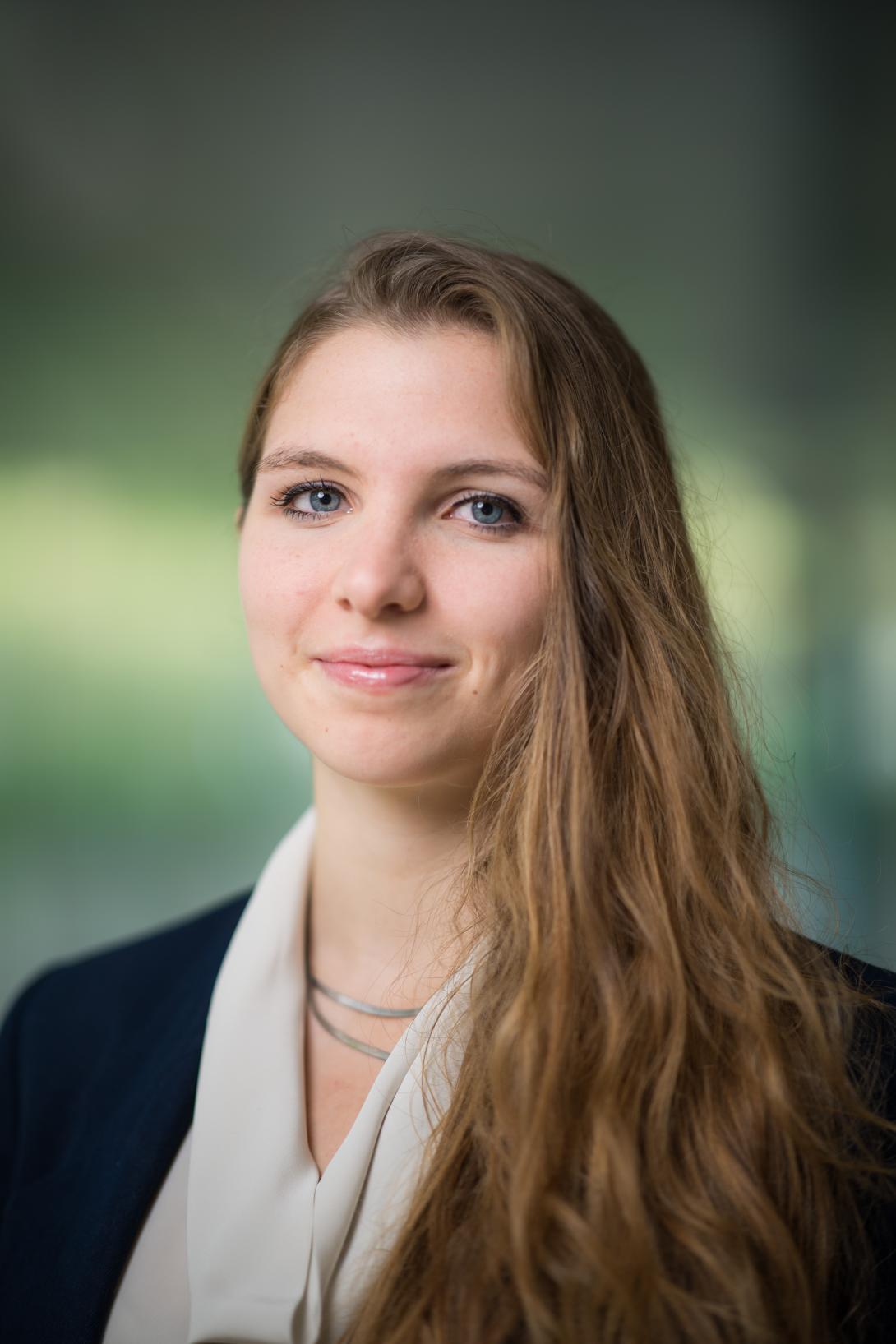At the time I was sent the posting for the job of Graduate Academic Liaison at the Ginsberg Center, I had only had some very recent experience with community engagement. But I knew (or hoped) that my Ph.D. in Design Science in the College of Engineering would lead me towards increased work within community and, therefore, connecting with the Ginsberg Center seemed like a very good idea.
I applied to the job in between flights, on my way to Ghana for the second time around. I was still in Ghana when I had my phone interview about the job. It was a surreal experience to have a conversation about what community engagement means with folks back in Michigan while in the middle of my first solo research study which heavily involved community—I was interviewing healthcare providers in Ghanaian hospitals and healthcare centers. That’s when I realized the extent to which Ginsberg was relevant to the work I was doing and that it would be a huge and necessary support for me going forward.
When I started working at the Ginsberg Center in September 2017, I realized I was now a part of a community of people who approached community engagement from a much broader perspective than I had been able to wrap my head around. I was working with an interdisciplinary team of students who had all experienced community engagement in a different context. My experiences, coming from an engineering background, complemented that of other graduate liaisons with social sciences backgrounds: we all had something meaningful to contribute. With the Ginsberg staff’s guidance, I was starting to connect the dots between my research experience in engineering, my social justice aspirations, and my work at the Ginsberg Center. For me, Ginsberg is a place of growth that extends well beyond the bounds of my work at the center.
During my first year, I mostly worked on conducting Entering, Engaging, Exiting Communities workshops, which introduce students from various colleges and educational levels to the main principles of ethically and mindfully entering, engaging, and exiting communities. I worked up the confidence to lead effective workshops that I now adapt to the crowd I am working with.
We are encouraged to share our personal failures and successes with students in order to make the principles of community engagement more tangible and communicate how important it is to consider all these principles before any initiative. And through our feedback surveys, I’ve learned that telling personal stories is what resonates with students. Many remember the anecdotes about the beautiful solidarity and trust amongst Ghanaian women in the family planning units of the hospitals I visited, which I use to underline the importance of sharing stories that will break negative stereotypes that many communities are burdened with. Many remember my embarrassing communication failures with doctors I was trying to get a hold of or with nurses I needed to say goodbye to, which I use to stress the importance of careful consideration of communication norms.
But hearing our stories is not enough. The Ginsberg Center set out to bring the voices of community partners, people who we, as a university, want so much to help and so often fail, in the classroom. Indeed, during my second year, I was tasked with leading the Community Partner Voices Initiative, a project where we are collecting testimonies from community partners about their experiences—good and bad—working with University of Michigan students and faculty. This initiative focuses on issues that students and faculty will face in the real world when engaging communities and need to prepare for. Ginsberg Center does this preparation work well, while always striving to do it better. The success of the Center is a testimony to its necessity on campus.
I am grateful to have found the Ginsberg Center. I have learned and grown so much by being part of a group of interdisciplinary scholars that are all linked by the same passion for sustainable and equitable partnerships between University of Michigan’s students and faculty and the communities anywhere from our Washtenaw County to across the world in other continents.

